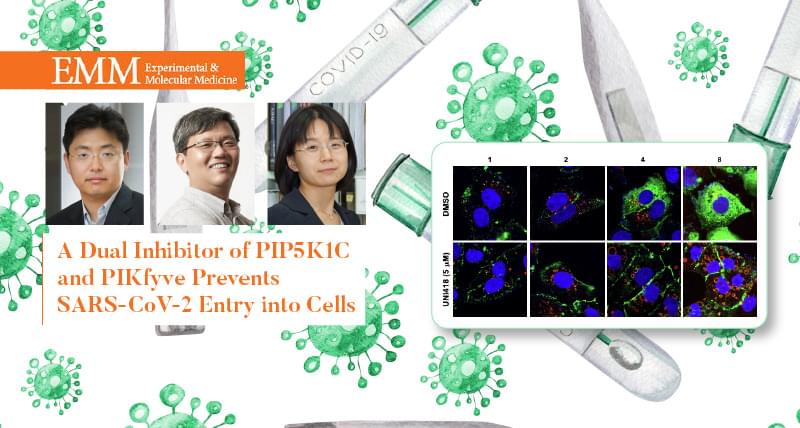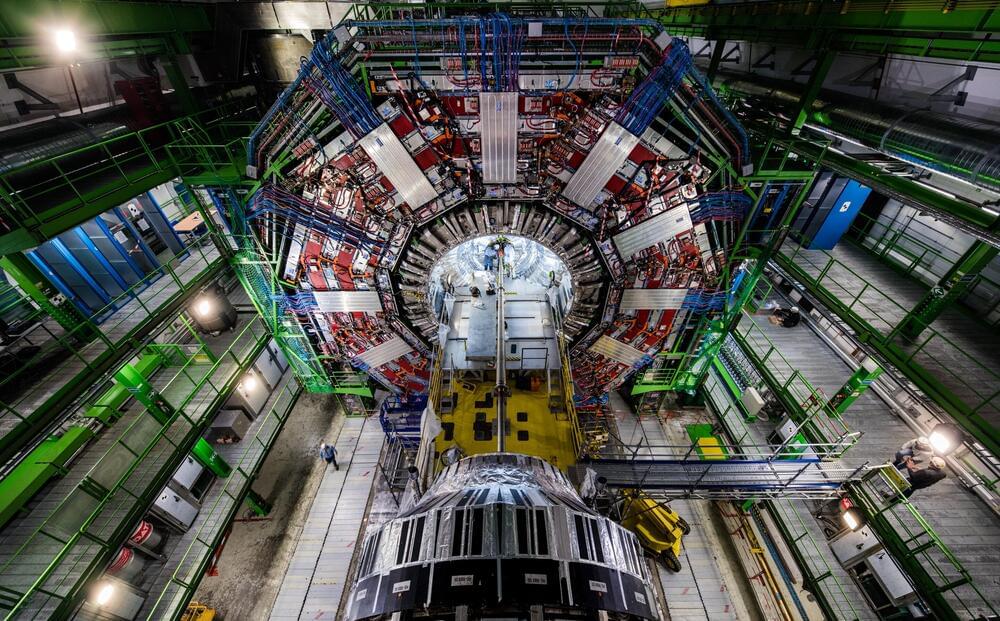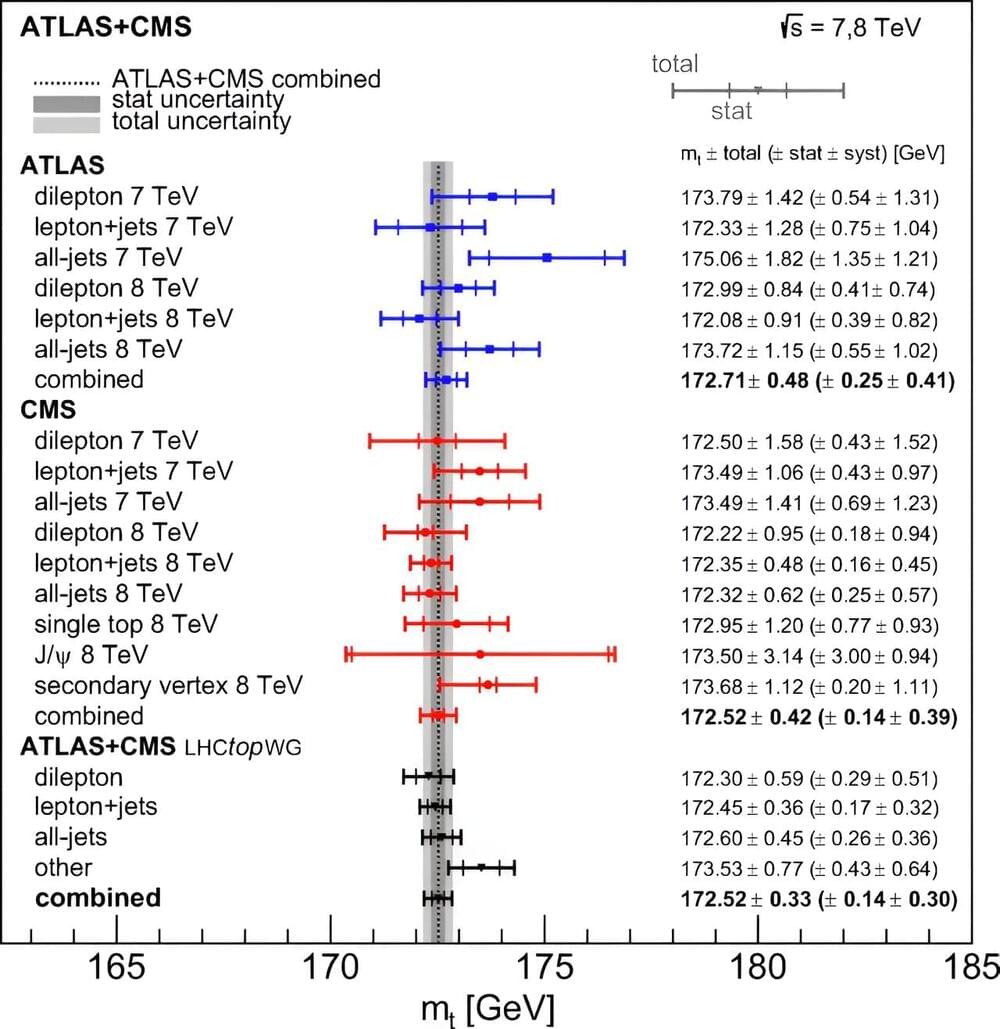An ancient code of human life from 10,000 years ago.




Despite the ongoing threat posed by new viruses following the emergence of severe acute respiratory syndrome coronavirus 2 (SARS-CoV-2), which led to the coronavirus disease 2019 (COVID-19) pandemic, new antiviral drugs continue to be developed to effectively block viral entry into the human body.
Professor Kyungjae Myung and his research team in the Department of Biomedical Engineering, affiliated with the IBS Center for Genomic Integrity, has discovered UNI418, a compound that effectively prevents the penetration of the coronavirus. This compound works by regulating dielectric homeostasis, thereby inhibiting the virus’s entry into human cells.

In the present investigation, the SD rats were separated into two groups old control group and the treatment group (n = 8). The treatment group received four injections of E5 every alternate day for 8 days, and eight injections every alternate day for 16 days. Body weight, grip strength, cytokines, and biochemical markers were measured for more than 400 days of the study. Clinical observation, necropsy, and histology were performed. The E5 treatment exhibited great potential by showing significantly improved grip strength, remarkably decreased pro-inflammatory markers of chronic inflammation and oxidative stress, as well as biomarkers for vital organs (BUN, SGPT, SGOT, and triglycerides), and increased anti-oxidant levels. Clinical examinations, necropsies, and histopathology revealed that the animals treated with the E5 had normal cellular structure and architecture. In conclusion, this unique ‘plasma-derived exosome’ treatment (E5) alone is adequate to improve the health-span and extend the lifespan of the old SD rats significantly.



“The only journey is the one within”
Rainer Maria Rilke
Feedback loops within a system can generate seemingly contradictory or paradoxical relationships. A cognitive system might have an internal model of its mental processes, which influences its decision-making and behavior. This internal model then becomes part of the system’s overall state, creating a recursive loop where the system’s representation of itself affects its own behavior.



I expect this around 2029/2030, so about 5-ish years. Phase 1 of it will be: hey Ai, i didnt really like that level, mission, story line, etc… edits on the fly. Phase 2 of it will be creating DLC on the fly. And, Phase 3 will be just telling an AI roughly what you want to play, and it tries to build it.
Publishing giant Electronic Arts shows a concept of the different ways users could generate their own content in a game using generative AI.